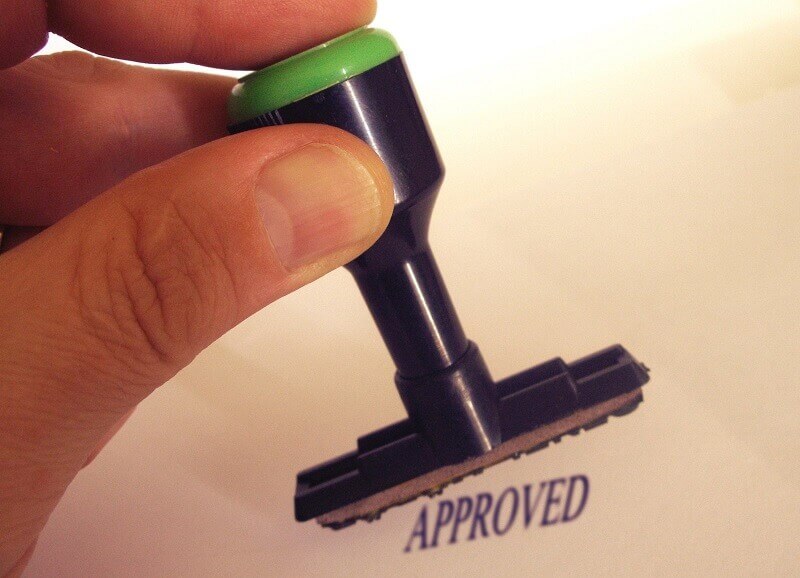
The Electronic System for Travel Authorization, or ESTA, is the automated traveler security screening system for people wanting to visit the USA under the Visa Waiver Program (VWP). Having an approved ESTA does not mean that you will be admitted into the country. Admissibility is determined by the U.S. Customs and Border Protection (CBP) officers upon arrival into the country. However, the biographic information collected on the ESTA provides answers to the VWP eligibility questions and informs the officers accordingly about potential security or immigration risks.
When and how should I apply for ESTA?
You will need your ESTA before you travel. Ideally, you should start the process before finalizing your flight and accommodation, on the off-chance you may be rejected.
Applications are made online on the ESTA website and must be made in English, although instructions are available in various languages.
Some websites appear official and offer to simplify and speed up the process on your behalf for a fee. The process is the same no matter who applies and the information you provide is identical, but you are sharing it with an unknown third party.
You can find details of what sort of information is collected on the U.S. Department of Homeland Security website, but in essence, they want to know about:
- communicable diseases,
- arrests and convictions for certain crimes, and
- previous history of visa revocations or deportation.
How long does the ESTA application process take?
Normally you will get a response in 72 hours, but you can check the ESTA website for the latest status of your application if you don’t hear anything after a day or so. You will need your passport number, date of birth, and application number to hand. Just follow the on-screen instructions to retrieve your application and review the status. There are three possible scenarios:
- Authorization Approved
- Authorization Pending
- Travel Not Authorized
Authorization Approved
If you get this, you are good to go, but remember, this does not mean you will be guaranteed entry into the country. ESTA is just the initial security check the U.S. government performs before allowing travelers to board an air or sea carrier to the United States. Once approved, the ESTA allows you to remain in the country for 90 days per visit but you must state on arrival when you intend to leave. An approved ESTA is valid for two years or until passport expiry.
Authorization Pending
If your application hasn’t been determined you will receive notice that it is pending. Don’t panic, you should get a decision within 72 hours. You can regularly check the status of your ESTA online, or, you can wait to receive notification of your approval or denial.
Travel Not Authorized
The ‘Travel Not Authorized’ status means that you are not allowed in under the Visa Waiver Program and you will need to apply for a visa from the U.S. Embassy or Consulate. For more information, go to the U.S. Department of State Bureau of Consular Affairs. You can reapply for ESTA if your circumstances have changed or if you made a mistake on the application form.
How long does the ESTA last?
Your ESTA cannot be renewed. You will need to apply for a new ESTA if any of the following conditions apply:
- after two years from the date of your previous ESTA approval, or
- when your passport is renewed, or
- if one or more circumstances change, like a change of name, gender, or country of citizenship, or
- the circumstances underlying the responses to any of the eligibility questions to which you answered ‘yes’ or ‘no’ change.
Do I need to print out my ESTA approval?
You don’t need to take your ESTA application responses with you but you will need your application number. It is advisable to print off the confirmation page of your approved ESTA as some airlines want to see a hard copy. Note that you may still be asked to complete a digital customs form upon arrival at U.S. Passport Control when you enter the country. Again, this doesn’t guarantee you entry but it is extremely rare for someone to be rejected at the point of entry unless they have not answered one of the critical questions honestly, such as lying about a criminal conviction or previous U.S. immigration history.

